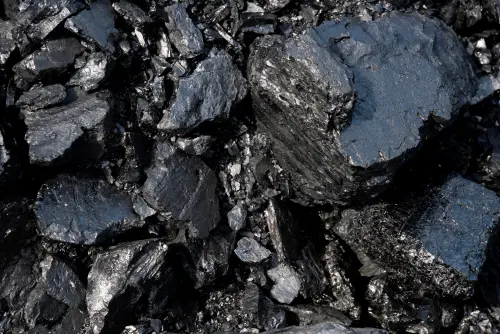In Launceston, Australia, on February 17, China's retaliatory tariffs on U.S. energy imports are expected to significantly impact the seaborne metallurgical coal market. Beijing imposed tariffs on U.S. coal, LNG, and crude oil, responding to additional tariffs imposed by U.S. President Donald Trump.
These tariffs could sever ties between China, the world's largest coal importer, LNG, and crude importer, and the United States, a key exporter of LNG and a significant player in coal and crude oil. However, China's small reliance on U.S. crude and LNG imports (approximately 2% and 5%, respectively) suggests that global markets can swiftly adapt without major challenges.
The situation is distinctly different for coking coal, essential for steel production. China's reliance on seaborne coking coal imports from the U.S. (11.7% share in 2024) raises concerns. While U.S. exporters might lower prices to remain competitive in China, they are more likely to explore other markets such as India, Japan, and South Korea.
If U.S. coking coal becomes uncompetitive in China, steelmakers may have to turn to alternative suppliers like Australia and Canada. However, increased demand from China could lead to competition and potentially higher prices, impacting global coal markets.
Notably, Australia and Canada might fill the gap left by U.S. coal, potentially affecting prices. The shift away from U.S. coal could prompt Chinese buyers to lean towards Australian suppliers, causing price fluctuations in the coking coal market.
Overall, if China looks to Australian and Canadian coking coal to replace U.S. supplies, it might compete with Indian buyers. This shift could involve price premiums and market adjustments as countries realign their coal trade relationships.
The author is a columnist for Reuters specializing in energy markets.
